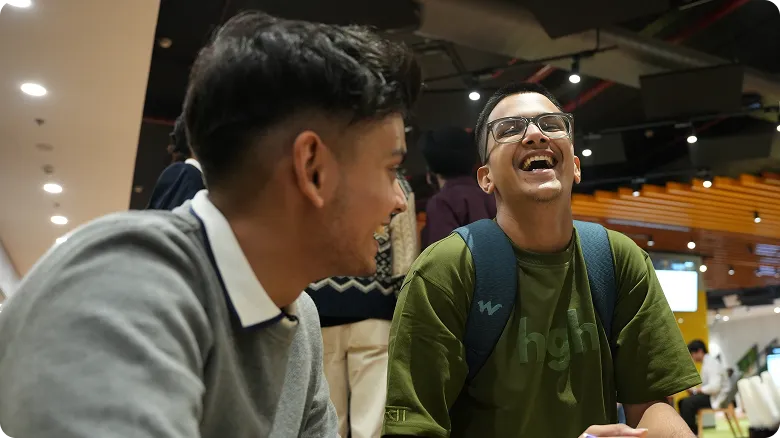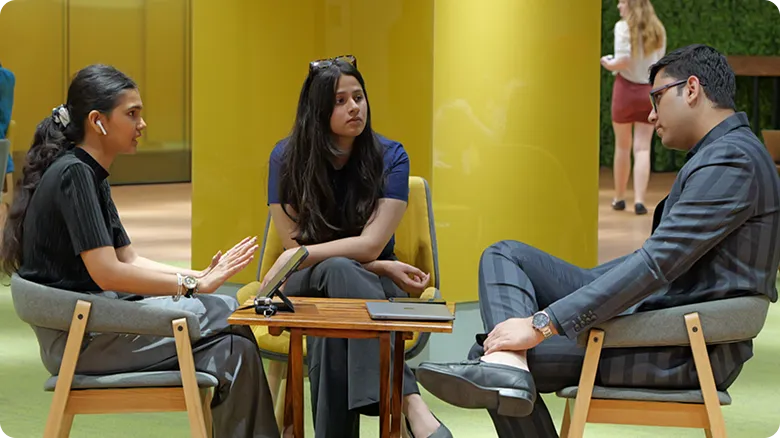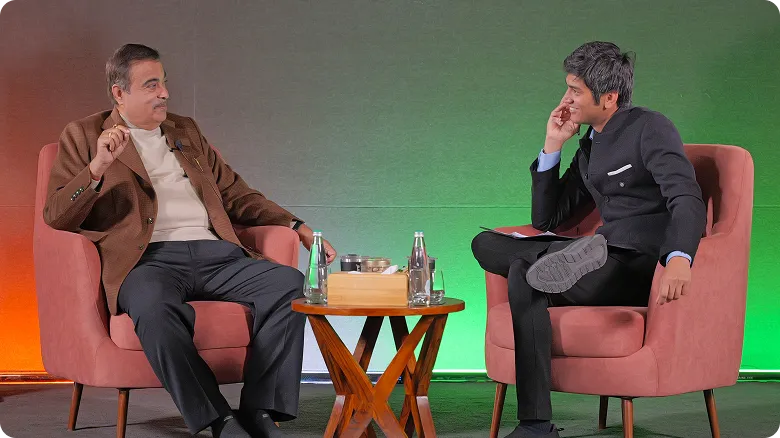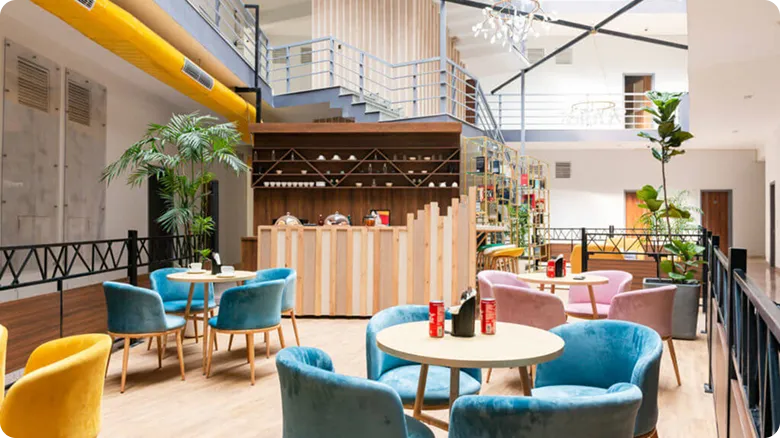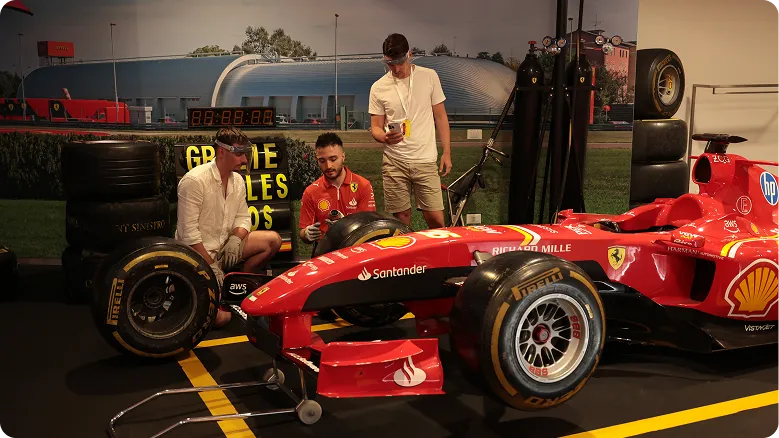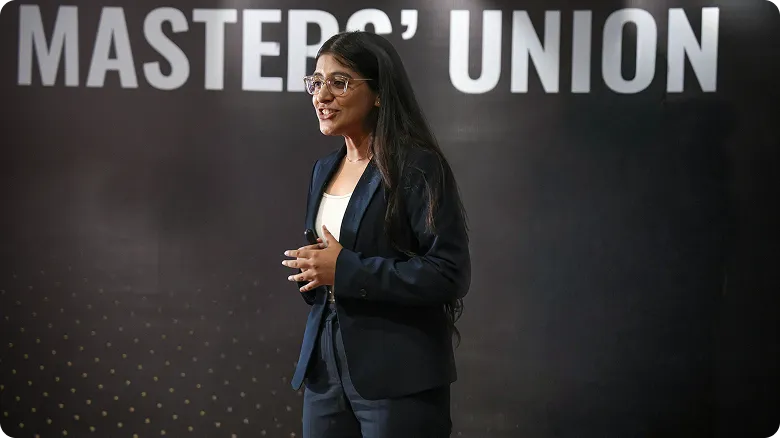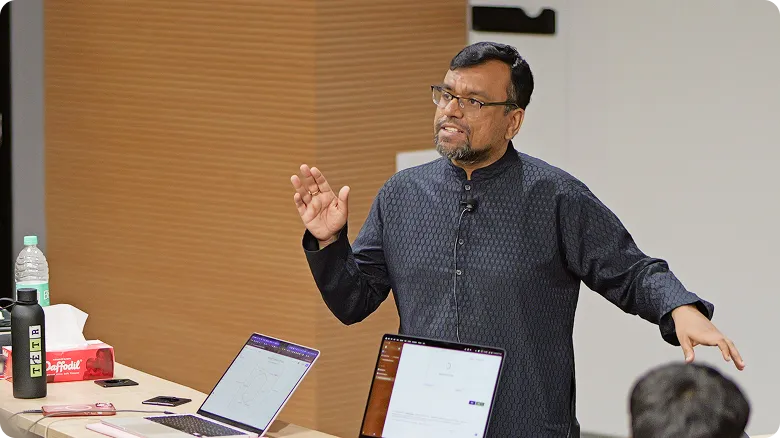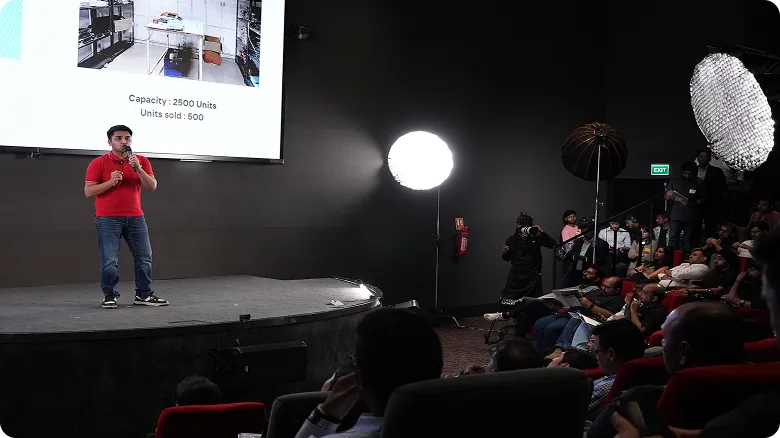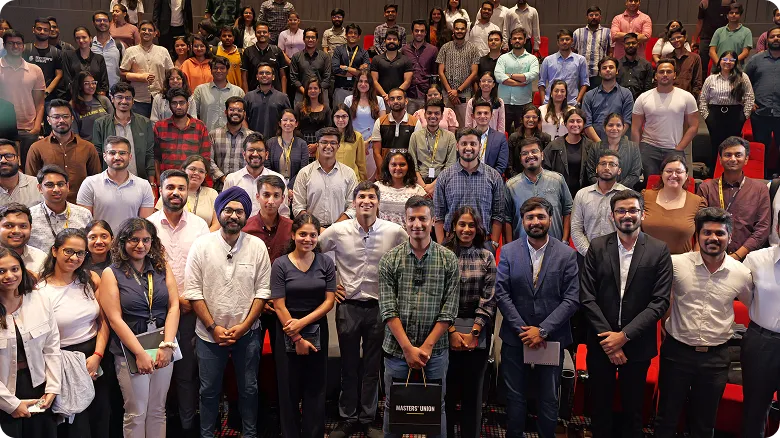Undergraduate
Undergraduate (Global)
Postgraduate
PGP in Technology and Business Management
PGP in Technology & Business Management
(Young Leaders Cohort)
PGP in Human Resources & Organisation Strategy
PGP in Sports Management & Gaming
PGP in Applied AI & Agentic Systems
PGP in UI/UX & Product Design
PGP in Sustainability & Business Management
PGP Bharat
Executive
Family Business
Careers
Innovations
Faculty
MU Ventures
Enterprise Education
Student Life
Jobs
Become a Master
events
For Companies
Blog
Business
Masters’ Union Venture Initiation Programme: Shaping Future Entrepreneurs
May 15, 2025
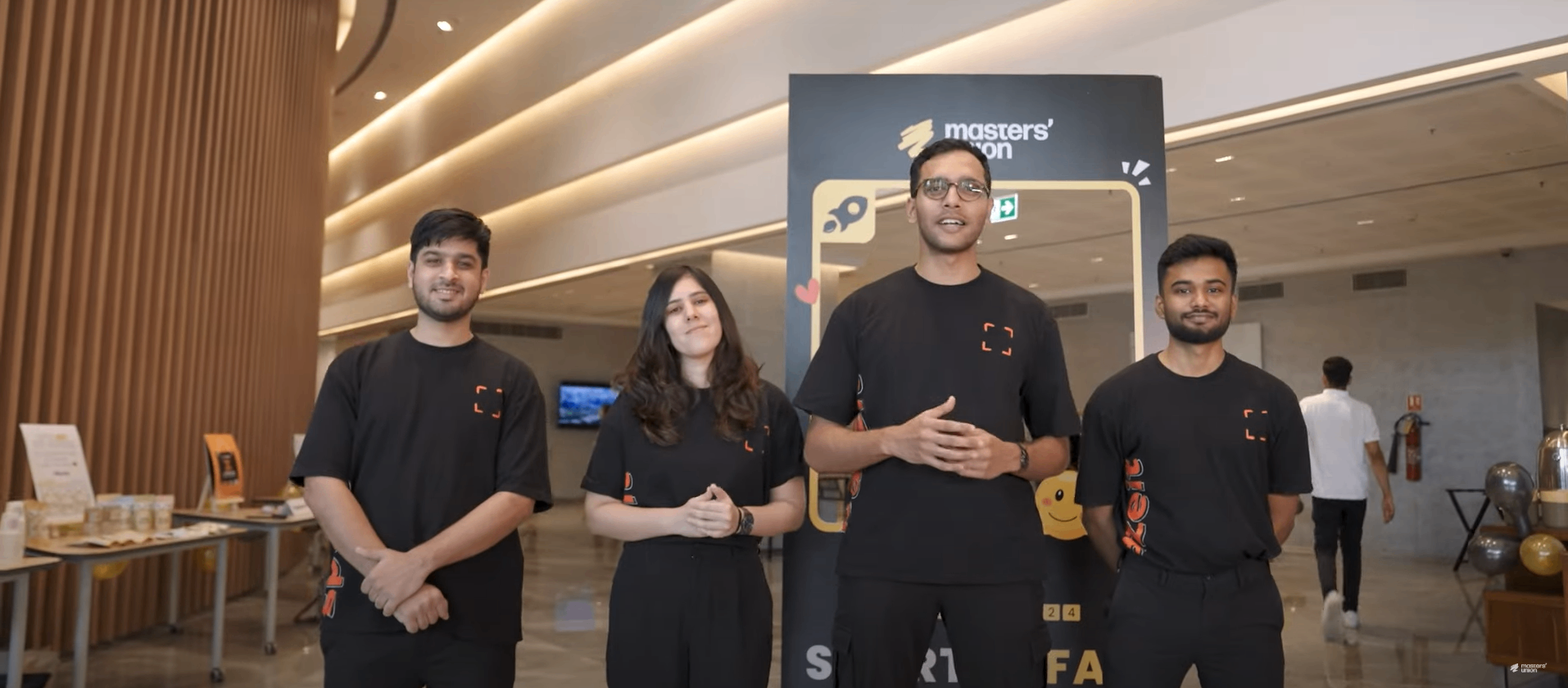
Entrepreneurship is often romanticized as the power of a great idea. In reality, it is about execution, resilience, and the ability to navigate uncertainty. The Venture Initiation Programme (VIP) at Masters’ Union is designed to capture this reality. It gives aspiring founders more than a classroom education, it immerses them in real-world challenges that test adaptability and strategic thinking.
By blending structured learning with hands-on practice, the programme equips students to move from concept to company. It is a training ground where ideas meet execution and where vip challenges replicate the unpredictability of the startup ecosystem.
Building an Entrepreneurial Ecosystem for Students
A standout feature of the VIP is its ability to simulate the chaos and complexity of actual entrepreneurship. Rather than focusing only on lectures or case studies, students work on live projects and deal with real-world ambiguity.
Elements That Shape the Ecosystem
This combination ensures that participants learn resilience, adaptability, and teamwork—all skills essential for real entrepreneurs.
-
Diverse Ventures: Students work on startups spanning technology, consumer products, and sustainability
-
Practical Challenges: Projects mirror market conditions, customer demands, and industry unpredictability
-
Peer-to-Peer Collaboration: Group dynamics encourage critical thinking and problem-solving
-
Hands-On Execution: Students build ventures instead of just discussing theoretical business plans
The Founders’ Fellowship: Reducing the Fear of Failure
Starting a business involves financial risk, often holding back talented individuals from pursuing bold ideas. The Masters’ Union Founders’ Fellowship addresses this by providing ₹50,000 per month as a stipend.
How the Fellowship Supports Entrepreneurs
-
Covers living and prototyping expenses
-
Reduces financial stress during early experimentation
-
Enables calculated risk-taking without worrying about immediate revenue
-
Supports resource requirements such as materials and early-stage operations
By easing the financial burden, the fellowship allows students to focus fully on building, iterating, and scaling their startups.
The Four Stages of Startup Building
The Venture Initiation Programme follows a structured framework that reflects the natural lifecycle of a startup. Each stage introduces students to critical decision-making, execution, and iteration skills.
Pre-Seed Stage: Validating the Idea
Students conduct deep market research, test assumptions, and analyze unmet customer needs. The emphasis here is on critical thinking, identifying real problems, and refining concepts so that business ideas have true market potential.
Minimum Viable Product (MVP) Stage: Building for Agility
This stage is where theory transitions into execution. Students create functional prototypes that solve core user problems. The process emphasizes minimum viable product agile principles—moving fast, testing early, and iterating efficiently while balancing quality with limited resources.
Go-To-Market (GTM) Stage: Strategy in Action
With the MVP ready, participants design strategies for marketing, positioning, and customer acquisition. By gathering real-world feedback, they learn adaptability and the importance of pivoting quickly in response to customer insights.
Product-Market Fit (PMF) Stage: Scaling with Confidence
The final stage focuses on refining offerings until they match market demand. Students iterate based on feedback, strengthen their credibility, and establish traction that makes scaling possible.
Demo Day: A Launchpad for Student Startups
The programme culminates in Demo Day, a high-stakes platform where students pitch their ventures to over 100 angel investors, venture capitalists, and industry leaders.
What Demo Day Delivers
For many participants, Demo Day marks the transition from being a student entrepreneur to stepping onto a professional startup stage.
-
Investor exposure with potential for early-stage funding
-
Networking with industry mentors and entrepreneurs
-
Actionable feedback to refine strategies
-
Building confidence to present ideas under pressure
Inspiring Startups Emerging from the VIP
The programme has produced multiple success stories that highlight its effectiveness in nurturing real businesses.
Hive School: India’s MBA for Sales
Founded by Nikhil Gaur, Simar Sekhri, and Prabal Monga, Hive School is redefining sales education. With partnerships across 30+ companies including MongoDB and Gartner, its vision is to train 300+ sales leaders annually and reach ₹50 crore revenue within five years.
PlaySuper: Redefining Gaming Through G-Commerce
Alumni Upamanyu Chatterjee and Shouradeep Chakraborty built PlaySuper to integrate commerce into gaming. With $500K in funding, collaborations with 16 studios and 109 brands, and SaaS plugins that improve in-app monetization, they are targeting 100M monthly users across Southeast Asia.
Lexi’s: Gourmet Sandwiches for India
Lexi’s, founded by Naveen Balaji, Rhea Melwani, Ayush Melwani, and Alex Francis Puthusserry, bootstrapped ₹15 lakh to create a gourmet sandwich brand. Their expansion roadmap includes 40 cloud kitchens and ₹25 crore ARR, aiming to make sandwiches a mainstream delivery option in India.
Why the Venture Initiation Programme Stands Apart
Unlike traditional entrepreneurship courses, the VIP is experiential, industry-linked, and community-driven. Students are not shielded from mistakes; instead, they are encouraged to learn from them in a supportive environment.
Distinctive Features
- Mentorship: Regular guidance from founders, investors, and business leaders
- Resources: Access to labs, infrastructure, and financial support
- Global Exposure: Insights into international markets and business models
- Cross-Functional Learning: Exposure to finance, marketing, product design, and operations
- Collaborative Community: A peer group of ambitious entrepreneurs that fosters innovation
Real-World Impact of the VIP
The outcomes of the programme extend beyond academic credentials. Students graduate not only with an idea but also with the confidence and skills to build companies in competitive markets.
Tangible Outcomes
-
Launching functional startups during the course
-
Attracting investor interest and industry recognition
-
Building resilience to handle uncertainty
-
Developing strategic thinking for growth and scalability
FAQs
1. What is the Venture Initiation Programme at Masters’ Union?
The VIP is an experiential entrepreneurship programme that guides students through ideation, building a minimum viable product, testing strategies, and finding product-market fit.
2. Who can join the VIP?
The programme is open to Masters’ Union students across disciplines who want to pursue startups and innovation.
3. How does the Founders’ Fellowship support entrepreneurs?
It provides a monthly stipend of ₹50,000 to cover living and prototyping expenses, reducing financial risk for student founders.
4. What types of startups emerge from the programme?
Startups range across industries—tech, consumer goods, sustainability, food innovation, and gaming.
5. How do students learn about minimum viable product agile principles?
Students practice MVP building in real scenarios, testing prototypes, and refining based on feedback to achieve agility in execution.
6. What makes VIP different from traditional entrepreneurship courses?
It combines hands-on execution, mentorship, funding support, and global exposure, ensuring learning happens through action, not just theory.
7. How does Demo Day benefit students?
Demo Day connects students with investors and mentors, providing opportunities for funding, feedback, and building professional networks.

